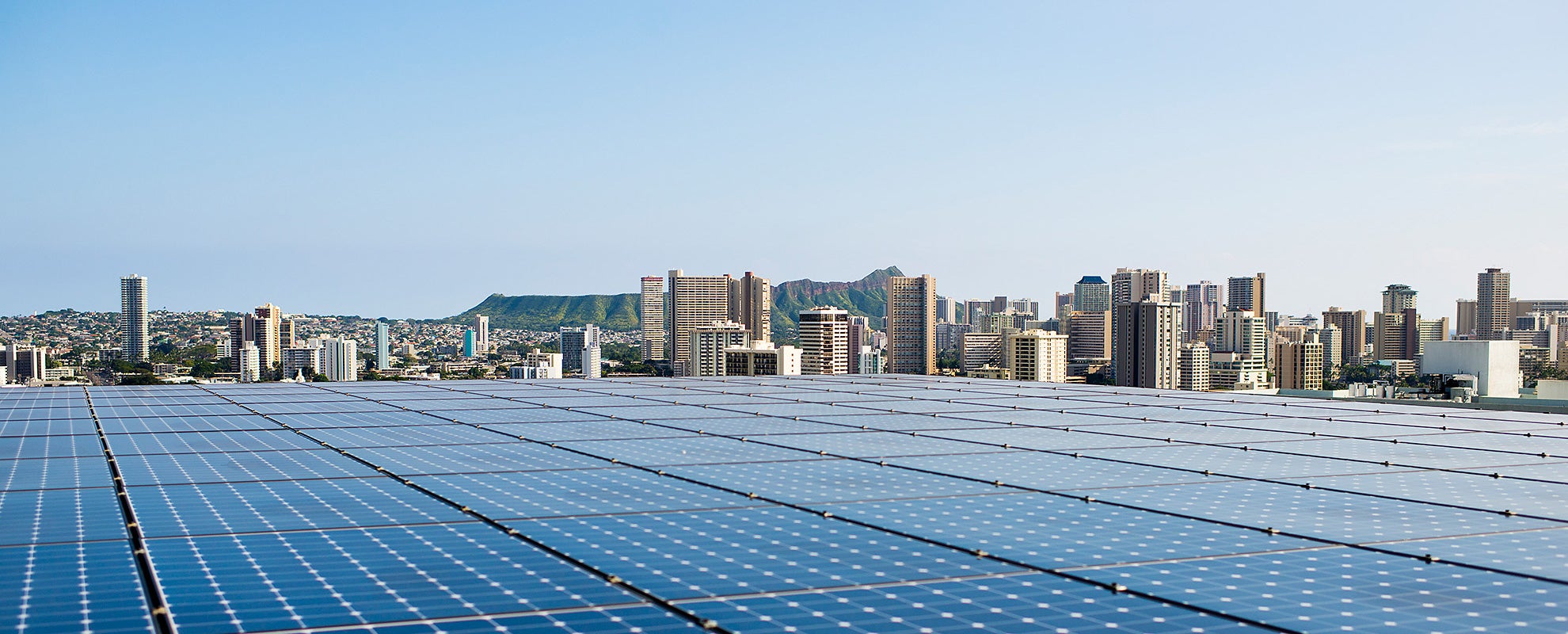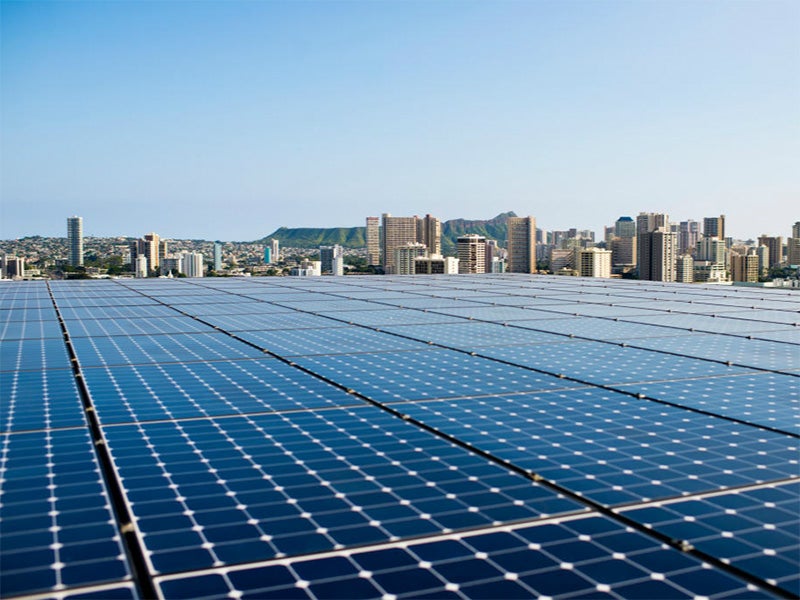Defending Hawai‘i’s Solar Water Heater Mandate
The solar water heating mandate would avoid ten thousand tons of greenhouse gas emissions per year, save Hawaiʻi homeowner-consumers millions of dollars in energy savings, and generate millions of dollars in economic and job benefits for the state's local solar industry.
Case Overview
Hawai’i’s solar water heater mandate requires all new single-family residences constructed on or after January 1, 2010, to be built with solar water heater systems, while allowing certain “variances,” including one for fossil-fueled gas water heaters.
But in 2019, the State Energy Office of the Department of Business, Economic Development, and Tourism was discovered to have rubberstamped almost 100% of all variance requests for gas water heaters, totaling over 6,500 exemptions. And several large subdivision developments on Oʻahu, including 15,000 total units, were lining up to seek such exemptions over the foreseeable future.
Earthjustice, on behalf of our clients, brought a lawsuit challenging the agency’s practice of rubberstamping variance requests for gas heaters without any consideration of the overall consumer and environmental costs. The solar water heating mandate would avoid ten thousand tons of greenhouse gas emissions per year, and save Hawaiʻi homeowner-consumers millions of dollars in energy savings, an amount that only escalates over time since solar water heating pays for itself many times over during a 20-year lifespan.
The state environmental court agreed with the Earthjustice attorneys that DBEDT’s wholesale exemptions for gas water heaters were contrary to the law’s purpose of promoting the environmental and consumer benefits of solar water heating and the legislature’s stated intent that variances be “rarely, if ever, exercised or granted.”

Case Updates
Case page created on February 24, 2019.
